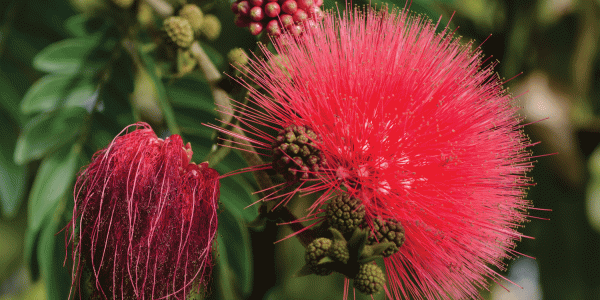 One Saturday per month throughout the academic year, children and their families gather at CU Boulder to witness the magic of science — hosted by the university’s very own “wizards.”
One Saturday per month throughout the academic year, children and their families gather at CU Boulder to witness the magic of science — hosted by the university’s very own “wizards.”
The CU Wizards program, a free science-education experience for children, unofficially began in the late 1970s and early 1980s when CU physics professor John Taylor, the original “Mr. Wizard,” started presenting two to three children’s science shows each year on campus. Eventually, he began traveling to Colorado schools and presenting his science shows up to 20 times per year.
In 1987, after years of sharing his passion for science with others, Taylor handed the torch to CU professor David Nesbitt, a Joint Institute for Laboratory Astrophysics (JILA) and National Institute of Standards and Technology (NIST) fellow and current director of CU Wizards. Since that time, the program has expanded in funding, frequency and faculty. The monthly show typically boasts over 400 attendees and has been attended by more than 100,000 children and family members over the past 37 years.
“The shows have a different sort of energy than a kids-only class because parents also participate,” said the program’s coordinator Candice Brown in an article she penned for NIST on CU Wizards. “It’s the perfect combination — an enthusiastic young audience plus the [adults] who get the chance to be kids again — all eager, curious and interested in learning.”
While the program has grown and flourished under the leadership of Nesbitt, the “Chief Wizard,” it is still centered on Taylor’s philosophy of science education: we cannot have science without joy.
“Joy and curiosity are the fundamental reasons each of us studies science,” said Nesbitt. “Kids are naturally curious and excited about learning new things. CU Wizards is a perfect venue for professors and their graduate students to expose young scientific minds to their own joy and delight in science.”
And the program does more than entertain — it’s also helping children to view themselves as scientists. In a 2022 survey of 120 adults and children who have attended presentations, 84 percent responded that CU Wizards allowed children to better identify with scientists.
Nesbitt describes the program as “running on a special kind of magic: the goodwill of a fantastic community.” From the professors who volunteer time to prepare the presentations, to the staff, postdocs and students, CU Wizards involves a whole community dedicated to sharing the magic of science.



Photos courtesy CU Wizards






